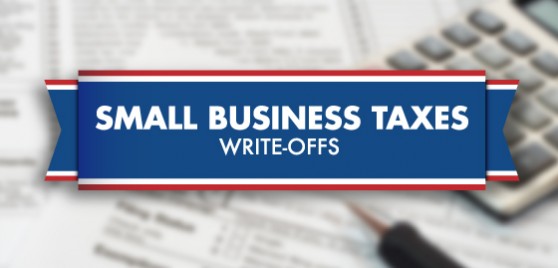
You can deduct up to 30% of your taxable income in interest expenses for the 2021 tax year. This includes loans and company credit cards. If you pay for your own insurance, and your spouse and children are covered under your policy, you can also deduct that. Health insurance premiums are deductible if not paid by an employer (either yours or your spouse’s). Liability, car insurance on a business vehicle, fire, or flood insurance are all deductible. You can peruse a side-by-side comparison of the two methods here. The latter requires more math and recordkeeping, but it could lead to a bigger deduction. You can claim either a simplified or standard home office deduction. While this space doesn’t have to be a separate room, it needs to be dedicated solely to your business. If you use 20% of your home for business purposes, you can deduct 20% of these costs. You can deduct these as a percentage of the cost of your residence, including mortgage payments, interest, insurance, repairs, utilities, and so on. However, you can’t deduct rental costs for the property you own. That apply to your business premises or equipment you rent or lease are 100% deductible. If you have a dedicated line for your business, that’s 100% deductible. These can also be deducted as business expenses, but if the accounts are shared with your household, you’ll only deduct the business portion. There are additional premiums if your income is above certain thresholds, and your marital status can also impact your rate. However, if you’re self-employed, you must pay the entire amount yourself at the rate of 15.3%. If you’re a freelancer or an independent contractor, you share this rate with your employer. This is related to Medicare and Social Security, and all employers must pay into it. If you are you're a new business owner, here are some specific tax deductions and benefits you should be aware of.

/CommonTaxDeductionsScottOlsonStaffGettyImages-56a580365f9b58b7d0dd3010.jpg)
#SMALL BUSINESS TAX WRITE OFF LIST PLUS#
The IRS allows you to write off $5,000 of eligible startup costs, plus $5,000 of organizational startup costs. Fortunately, most can be written off, as long as they fit the IRS's criteria of allowable expenses – and for new small business owners, every little bit counts.


Startup business costs are the funds you invest into getting your company off the ground. What are the main types of startup expenses?
#SMALL BUSINESS TAX WRITE OFF LIST HOW TO#
So today, we’re going to look at startup costs for new small business owners-what they are, which ones you can deduct, and how to claim them on your income tax. And unless your last name is Bezos or Branson, you’ll probably need all the help you can get. It’s true! Much of that initial investment can be leveraged against your taxes to lower the amount you have to pay. As a new small business owner, you’re probably already looking for ways to optimize and reduce costs-but did you know that many of your startup costs can be written off? Startup costs are often steep, and it might take time before you begin seeing any return. There is a lot involved in starting a business, and most of what you have to do doesn’t come cheap.


 0 kommentar(er)
0 kommentar(er)
